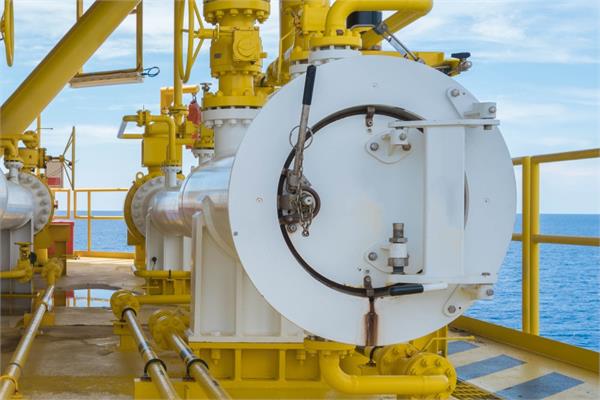
Cortec has developed an alternative to nitrogen blanketing for corrosion protection of void space layup.
In order to prevent corrosion inside void spaces of idle equipment or permanent structures, Cortec Corporation has recently announced the development of VpCI®-337, a time-tested alternative to nitrogen blanketing specifically intended for the oil and gas industry, as well as all the other sectors that deal with metal tanks, piping, boilers, heat exchangers, hollow metal structures and hard-to-reach areas between the layers of metal coils.
Usually, nitrogen purge or nitrogen blanketing is employed to protect metal void spaces from corrosion by replacing the oxygen with nitrogen gas. However, nitrogen gas is expensive and requires constant pressure with an airtight seal that needs regular monitoring and complete reapplication in case of leaking. In addition, leaks also pose a safety hazard for personnel. Cortec has then developed VpCI-337, a safer, cost-effective and easy to apply and maintain waterborne Vapor phase Corrosion Inhibitor that can be applied by fogging into metal void spaces.
The new labour-saving technology uses a minimum of product to protect large volumes. Vapor phase Corrosion Inhibitors in the fogging fluid diffuse throughout the void and are attracted to metal surfaces, on which they form a protective molecular layer that inhibits the corrosion reaction on the metal surfaces even in the presence of oxygen and residual moisture.
Furthermore, the company’s new product is very versatile, as it can provide corrosion protection for everything from massive heat recovery steam generators to small crates of metal parts. Some real-life application examples are:
• Internal preservation of pig receivers enroute from construction yard to offshore installation site;
• One-year protection of aboveground storage tank (AST) internals at a sulphur recovery plant;
• Temporary protection of fuel tanks in retired aircraft stored outdoors during museum renovation;
• Protective packaging element used for shipment of horizontally-opposed piston aircraft engines.